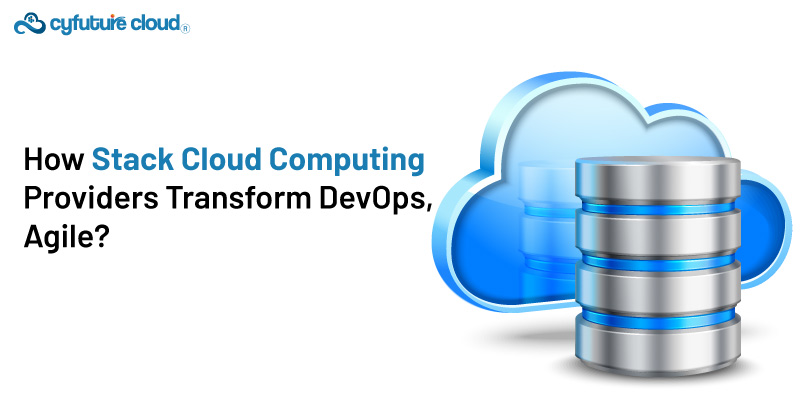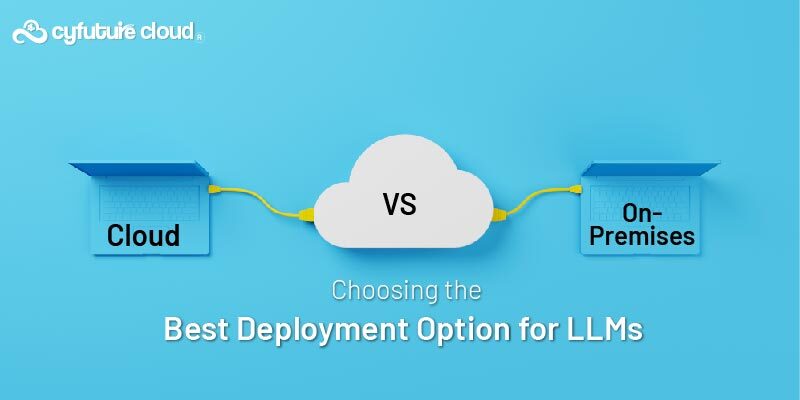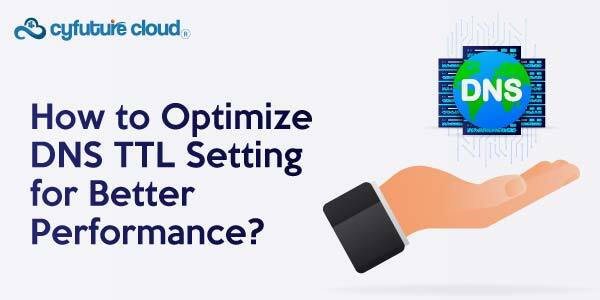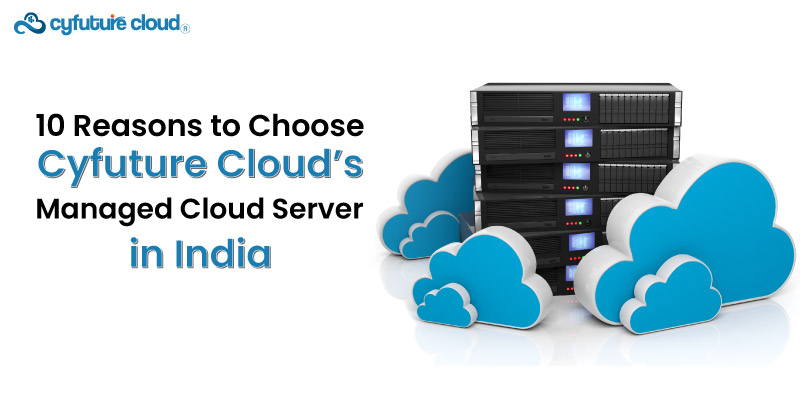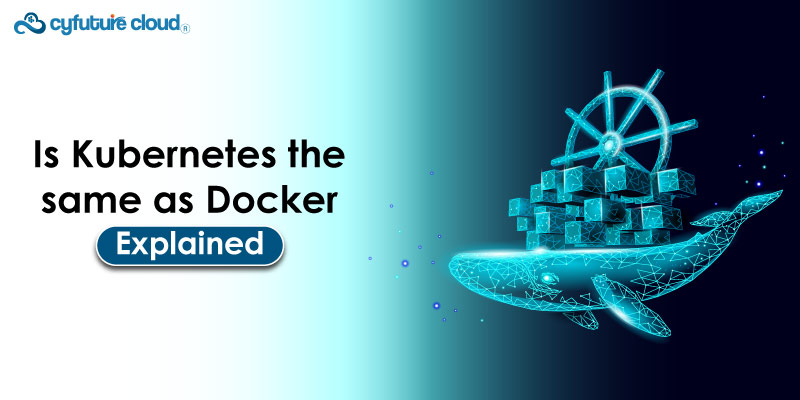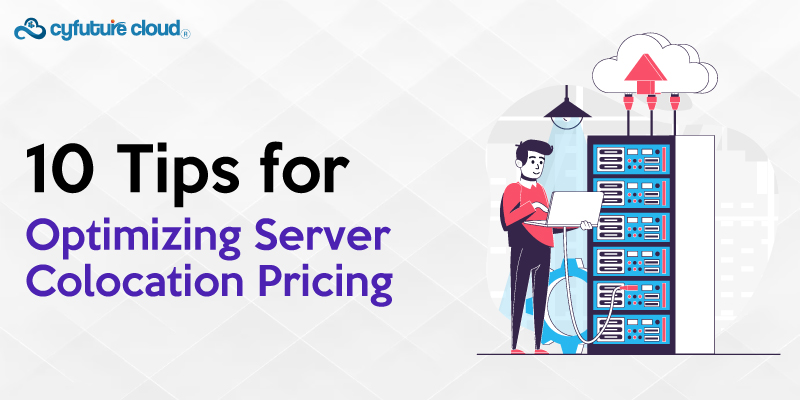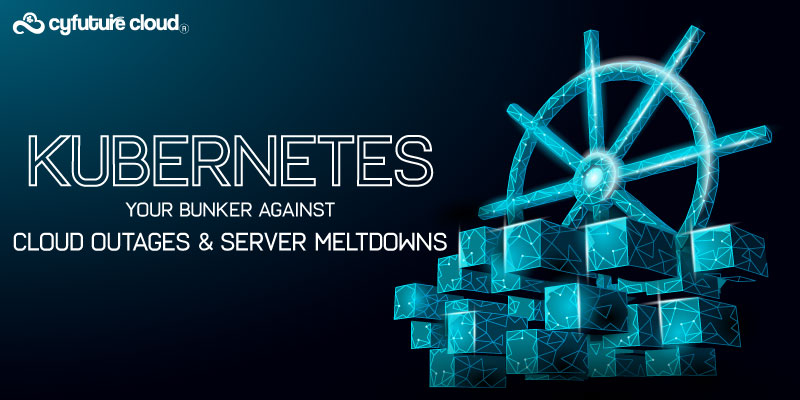Table of Contents
“NVMe hosting and SSD hosting both use solid-state drives, which are faster than traditional hard drives. However, NVMe hosting is even faster than SSD hosting because it uses more advanced technology for accessing and storing data. This means that with NVMe hosting, your website or applications can run even quicker and smoother compared to SSD hosting.”
Web hosting is a critical aspect of modern-day businesses, as it allows them to have an online presence and reach out to a global audience. It is a service that enables organizations to store their website files and data on a server, which can be accessed by internet users worldwide. When it comes to web hosting, there are different types of hosting available, and each has its advantages and disadvantages.
Two of the most popular hosting options are NVMe hosting and SSD hosting. NVMe stands for Non-Volatile Memory Express, while SSD stands for Solid State Drive. Both of these hosting options provide high-speed storage, making them ideal for businesses that require fast data transfer and processing capabilities.
NVMe hosting uses the NVMe interface, which is a storage protocol designed for fast and efficient communication between the CPU and the storage device. On the other hand, SSD hosting uses a Solid State Drive, which uses flash memory to store data. Both of these hosting options are significantly faster than traditional hard disk drives (HDDs), which have moving parts and are slower in data transfer and processing.
In this blog, we will compare NVMe hosting and SSD hosting in terms of their speed, reliability, and overall performance. By the end of this blog, you will have a better understanding of which hosting option is best for your business needs.
For more details, read the blog in detail.
What is NVMe Hosting?
NVMe hosting is a type of web hosting that utilizes Non-Volatile Memory Express (NVMe) technology to provide high-speed storage for websites and applications. NVMe is a storage protocol that allows for faster and more efficient communication between the CPU and the storage device. It is designed to maximize the performance of Solid State Drives (SSDs) by reducing latency and increasing bandwidth.
One of the main advantages of NVMe hosting is its speed. NVMe technology is capable of delivering data transfer speeds of up to 32 GB/s, which is significantly faster than traditional SATA-based SSDs. This means that websites and applications hosted on an NVMe server can load much faster, providing a better user experience for visitors.
Another advantage of NVMe hosting is its reliability. NVMe technology is designed to provide a high level of data protection, which means that data stored on an NVMe server is less likely to be lost or corrupted due to hardware failure. Additionally, NVMe drives are more durable than traditional hard disk drives (HDDs), as they have no moving parts and are less susceptible to damage from shock or vibration.
What is SSD Hosting?
SSD hosting is a type of web hosting that utilizes Solid State Drives (SSDs) as the primary storage medium. SSDs use flash memory to store data, which provides faster data transfer speeds and better performance than traditional hard disk drives (HDDs).
One of the main advantages of SSD hosting is its speed. SSDs are capable of delivering data transfer speeds of up to 550 MB/s, which is significantly faster than traditional HDDs. This means that websites and applications hosted on an SSD server can load much faster, providing a better user experience for visitors.
Another advantage of SSD hosting is its reliability. SSDs have no moving parts, which means that they are less likely to fail due to mechanical issues. Additionally, SSDs are less susceptible to damage from shock or vibration, making them a more durable storage option than HDDs.
However, there are also some disadvantages to SSD hosting. One of the main drawbacks is that it can be more expensive than HDD hosting, as SSDs are more expensive to manufacture than traditional hard drives. Additionally, SSDs have a limited lifespan compared to HDDs, as they can only be written to a certain number of times before they begin to degrade. However, this is less of an issue with modern SSDs, which have a longer lifespan than earlier models.
What is NVMe SSD Hosting:
NVMe SSD hosting utilizes cutting-edge Non-Volatile Memory Express (NVMe) solid-state drives, leveraging their exceptional speed and low latency to power web hosting services. These drives employ a direct connection to the server’s CPU via PCIe, enabling lightning-fast data transfer rates, thereby significantly improving website loading times, application performance, and overall user experience. NVMe SSD hosting is preferred for its unparalleled speed and efficiency, making it an ideal choice for high-demand websites and applications requiring rapid data access.
How Much Faster is NVMe Than SSD:
NVMe (Non-Volatile Memory Express) SSDs, compared to traditional SATA SSDs, exhibit substantial performance leaps. NVMe’s direct connection to the CPU via the PCIe interface dramatically enhances data transfer rates, boasting speeds several times faster—typically 5 to 7 times swifter—than SATA SSDs. This advancement significantly reduces latency, enabling quicker access to data and accelerating overall system responsiveness. NVMe technology’s efficiency and speed make it an optimal choice for demanding applications, high-performance computing, and tasks that rely on rapid data access.
NVMe Hosting vs. SSD Hosting
NVMe hosting and SSD hosting are both high-performance web hosting options that offer several advantages over traditional hard disk drives. However, there are several key differences between the two hosting options in terms of speed, cost, scalability, reliability, and performance under heavy workloads.
Speed
NVMe hosting is significantly faster than SSD hosting in terms of data transfer speeds. NVMe technology can deliver data transfer speeds of up to 32 GB/s, while SSDs have a maximum transfer speed of around 550 MB/s. This means that websites and applications hosted on an NVMe server can load much faster than those hosted on an SSD server.
Cost
SSD hosting is generally less expensive than NVMe hosting. While the price of SSDs has decreased significantly in recent years, NVMe drives are still more expensive than traditional SATA-based SSDs. This means that NVMe hosting plans are typically more expensive than SSD hosting plans.
Scalability
Both NVMe hosting and SSD hosting are highly scalable, as they can easily handle high levels of traffic and large amounts of data. However, NVMe hosting is generally considered to be more scalable than SSD hosting, as it can handle larger workloads and more intensive applications.
Reliability
Both NVMe hosting and SSD hosting are highly reliable storage options, as they have no moving parts and are less susceptible to hardware failure than traditional hard disk drives. However, NVMe hosting is considered to be more reliable than SSD hosting, as it provides a higher level of data protection and is less likely to experience data loss or corruption.
Performance under heavy workloads
NVMe hosting is designed to handle heavy workloads and intensive applications, making it the better option for businesses with high-performance requirements. SSD hosting can also handle heavy workloads, but may experience slower data transfer speeds and reduced performance compared to NVMe hosting.
SSD Hosting vs Cloud Hosting: Key Differences
| Criteria | SSD Hosting | Cloud Hosting |
|---|---|---|
| Infrastructure | Relies on solid-state drives for data storage. | Utilizes a network of virtual servers across regions. |
| Scalability | Limited scalability based on hardware constraints. | Highly scalable, easily adjusts resources on demand. |
| Performance | Faster data retrieval due to SSD’s high-speed access. | Performance can vary based on allocated resources. |
| Reliability | Generally reliable with fast data access and uptime. | Offers high reliability but can face occasional downtime. |
| Cost | Typically lower cost than cloud due to hardware-based setup. | Costs may vary based on usage and resources allocated. |
| Resource Allocation | Fixed resources allocated based on hosting plan. | Flexible resource allocation based on requirements. |
| Redundancy & Security | Relies on redundant SSD setups for data integrity. | Offers redundancy through distributed server networks. |
| Control & Customization | Limited customization compared to cloud solutions. | Allows more control and customization of resources. |
Use Cases for NVMe Hosting and SSD Hosting
When it comes to choosing between NVMe hosting and SSD hosting, businesses must consider the type and size of their website, as well as the specific needs of their customers. Here are some use cases for both NVMe hosting and SSD hosting:
Small Websites
For small websites with minimal traffic, SSD hosting is a great option. SSD hosting is affordable, fast, and reliable, making it a great choice for small businesses or personal websites. In most cases, the speed and performance provided by SSD hosting will be more than sufficient for a small website.
Medium-sized Websites
For medium-sized websites with moderate traffic, SSD hosting is still a great option. However, businesses may also consider NVMe hosting, as it can provide faster data transfer speeds and better performance under heavy workloads. NVMe hosting is more expensive than SSD hosting, but it may be worth the investment for businesses that require high-performance hosting.
Large Websites
For large websites with high levels of traffic and complex applications, NVMe hosting is the best option. NVMe hosting can handle larger workloads and more intensive applications, making it the ideal choice for large businesses and enterprise-level websites. While NVMe hosting is more expensive than SSD hosting, it provides the speed and reliability necessary to handle large volumes of traffic and complex applications.
E-commerce Websites
For e-commerce websites, both NVMe hosting and SSD hosting are viable options, depending on the size and complexity of the site. Small and medium-sized e-commerce websites may be able to use SSD hosting, while larger e-commerce websites should consider NVMe hosting for its superior performance and reliability. The speed and reliability of NVMe hosting are especially important for e-commerce websites, as they directly impact the user experience and can impact sales and revenue.
Final thoughts
In conclusion, both NVMe hosting and SSD hosting offer high-performance web hosting options for businesses and websites of all sizes. However, there are several key differences between the two options that businesses must consider when choosing the right hosting for their website.
NVMe hosting offers faster data transfer speeds, greater scalability, and higher reliability than SSD hosting, making it the ideal choice for businesses that require high-performance hosting. However, NVMe hosting is more expensive than SSD hosting, which may make it less accessible for small businesses or personal websites.
On the other hand, SSD hosting is an affordable and reliable hosting option that can provide fast data transfer speeds for small and medium-sized websites. However, SSD hosting may not be sufficient for larger websites or those with high-performance requirements.
When choosing the right hosting for your website, it is important to consider the specific needs of your business, the size and complexity of your website, and your budget. Small websites with minimal traffic may be able to use SSD hosting, while larger businesses with high-performance requirements may need to invest in NVMe hosting.
Thus, businesses should carefully evaluate their hosting needs and choose the option that best fits their requirements. Whether you choose NVMe hosting or SSD hosting, investing in high-performance hosting can help to improve the user experience and drive business growth.
Send this to a friend

 Server Colocation
Server Colocation CDN Network
CDN Network Linux Cloud Hosting
Linux Cloud Hosting Kubernetes
Kubernetes Pricing Calculator
Pricing Calculator
 Power
Power
 Utilities
Utilities VMware Private Cloud
VMware Private Cloud VMware on AWS
VMware on AWS VMware on Azure
VMware on Azure Service Level Agreement
Service Level Agreement 